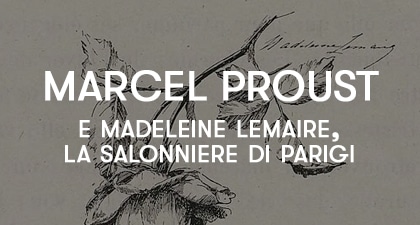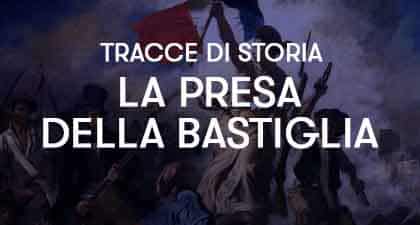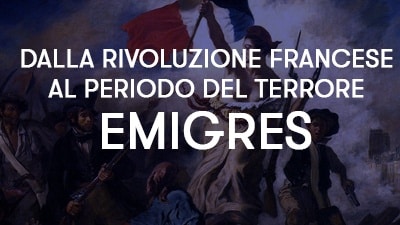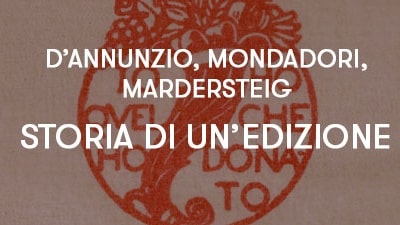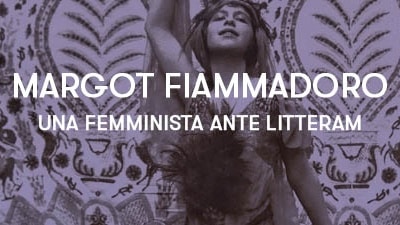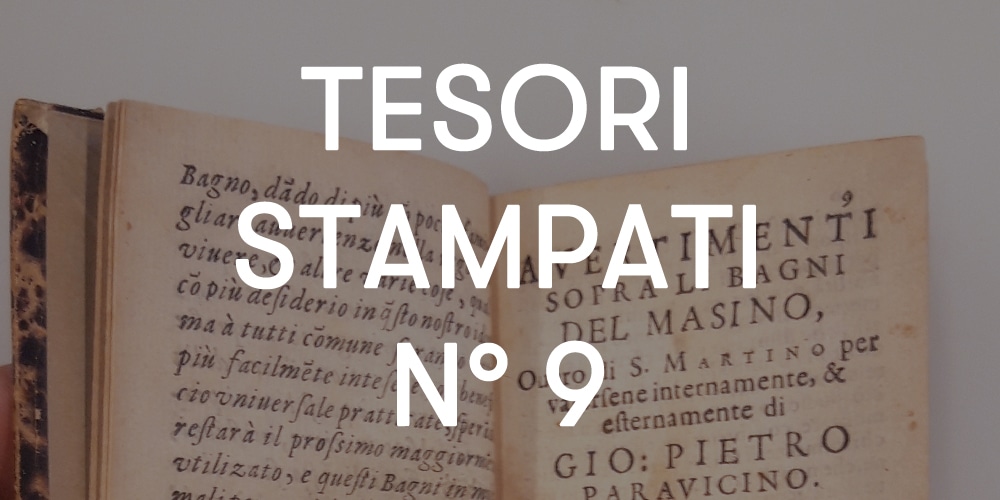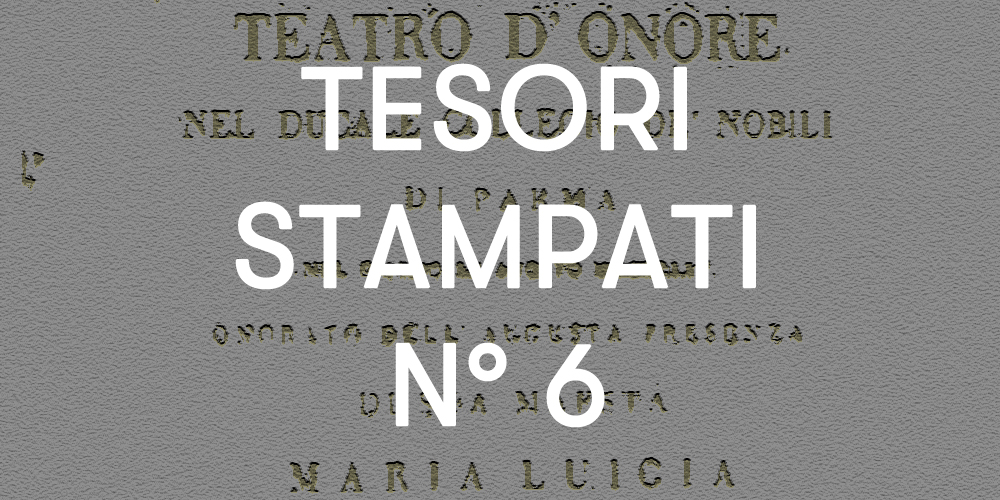
How many of us, in childhood or adolescence, have experienced the stressful “end-of-year performance”?
Music lessons, gymnastics, theater, martial arts: a year of work condensed into a hot early summer afternoon in a performance for parents, grandparents, and friends. Slightly hysterical teachers, stage fright, and relief at the end. If we think these customs were reserved only for modern times, we are mistaken.
Two small booklets (visible here and here), bound in cardboard, show that even in the 18th century, endless rehearsals, sleepless nights, and the thrill of performing were part of the experience for children and young people; certainly not just any children and young people. They were called “Teatro d’Onore,” these performances.
Our two booklets present their programs: published by the Ducale Collegio de’ Nobili in Parma, they take us back to two long August days in 1823 and 1825.
Attending the Ducale Collegio de’ Nobili di Parma was not for everyone.
The Collegio had a long and prestigious history; founded in Parma by Ranuccio I Farnese in 1601 and entrusted to the Jesuits, it welcomed the children of the most important Catholic noble families in Italy and Europe, aged 10 to 20, reaching up to 300 students in the 18th century. After the closure during the Napoleonic period, Maria Luigia reopened the Collegio in 1815, entrusting its management to the Benedictines of the Abbey of San Giovanni Evangelista.
Since its founding, the purpose of the Collegio was to form complete gentlemen.
Humanities and religious training were therefore accompanied by training in knightly sciences, fencing, military architecture, dance, equestrian skills, drawing, calligraphy, as well as singing, music, and the study of Greek, German, and French languages.

Excellence and competition were part of the boys’ training.
For this purpose, the Accademia degli Scelti was established within the Collegio in 1672, by the will of Duke Ranuccio II Farnese. Initially reserved only for literary subjects, it was later extended to philosophy and arms, bringing together students who distinguished themselves in these subjects. The Academy’s Prince, elected annually, had the right to a portrait displayed in the Collegio’s halls. And it is with the list of members of the Accademia degli Scelti that the two Teatro d’Onore booklets open, a prologue to the program of the “performance” in which the students performed in various disciplines, demonstrating their formation as cultured, refined gentlemen skilled in knightly exercises: musical performances, dances, and fencing duels; followed by special mentions for commitment and success in various disciplines.
All recorded in booklets published by the Ducale Typograph, in the clear and elegant Bodonian-style type characteristic of this printing press.
These booklets, also destined for distant corners of Europe, were part of the visibility and interaction strategy with the Italian and European noble world of the Parmese institution.
In the reports on the annual performance and in the nomenclature of the Academies and the awardees, noble families introduced their young men to the aristocratic world.
We can easily imagine the excitement of Counts Giovanni Battista Rizzardi and Francesco Miniscalchi as they danced a Gavotte on stage, or the long rehearsals for the sword fight in which Marquis Alfonso Sacro and Count Bernardo Pollastrelli performed, the latter that year being the Prince of the Accademia degli Scelti. The violin virtuosity of Count Antonio Nasalli was entrusted with the Adagio and variations composed by the famous Mr. Alessandro Rolla, First Violin and conductor of the orchestra of the Teatro alla Scala in Milan.
In front of the stage, the audience of parents, grandparents, and friends, not much different from today’s, was further embellished by the Augusta presence of Her Majesty Maria Luigia, Duchess of Parma, Piacenza, and Guastalla, etc. etc. etc. Not a trivial matter!!!






